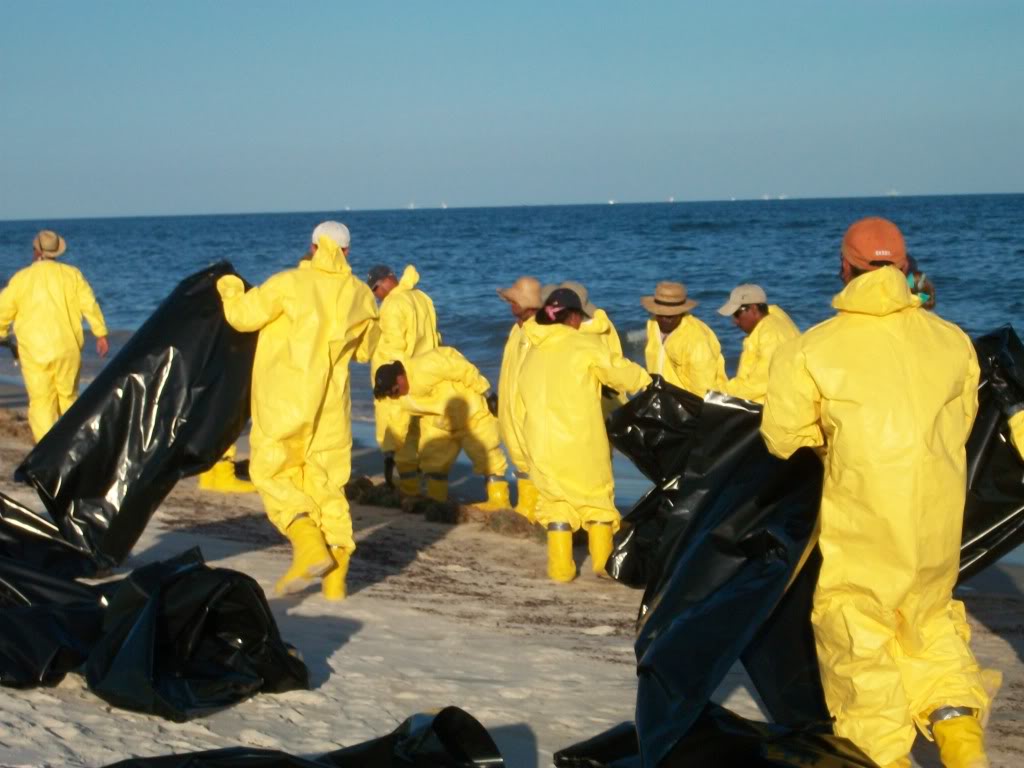Having been a “hard-core” EPA whistleblower since the Love Canal toxic-waste contamination case in 1977, I am amazed at how successful the major polluting oligarchies have been in hoodwinking the public and controlling the government’s ability to prevent major environmental catastrophes.
Take, for example, the basic issue of protecting first responders. Everybody in government and industry has known for decades that if there is an air-pollution risk at a worksite, chemical fire, or other environmental catastrophe, first responders and workers are required to wear respirators or self-contained breathing apparatuses—not paper masks, or nothing—to protect their lungs.
| Polluting oligarchies successfully control the government’s ability to prevent major environmental catastrophes. |
Yet in every environmental case I have “blown the whistle” on over 35-plus years—9/11 Ground Zero, the Hurricane Katrina aftermath, the BP Gulf Oil Spill, etc.—the government and affected special interests did not want first responders, workers, and “clean-up” personnel to wear protective equipment.
Why? Because videos and photographs of workers in respirators would spread the word to the public that there is a big health risk, which could end up costing the special interests involved big money in damages.
What happened, for example, three years ago to workers cleaning up the BP Gulf Oil Spill when they blew the whistle on supervisors who were ordering them not to wear respirators?
They were fired.
These situations continue with no end in site, and the risks remain.
Thus, when someone asks my advice on whether to be a whistleblower, I suggest they first try everything else to get the word out.
For example, leaking the information to trusted reporters and elected officials who will not expose the prospective whistleblower.
Ironically, today, a government agency, the U.S. Chemical Safety Board, is a whistleblower in a case of critical importance. (Yes, you read that right, the head of a government agency is blowing the whistle on the government.)
The board has informed U.S Senate Committee on Environment and Public Works that the Texas Fire Marshall and the U.S. Bureau of Alcohol, Tobacco, Firearms and Explosives are botching and obstructing an independent investigation of the West Fertilizer Company explosion, which killed 15 people and injured 200 on April 17 in West, Texas.
How this plays out in the coming months will reveal a lot about whistleblowing on a case that involves destruction, injuries and death on our own soil.
Complaints filed by the author, EPA Senior Policy Analyst Hugh Kaufman, in 1982 resulted in the resignation of President Ronald Reagan’s EPA Administrator Anne Gorsuch and the perjury conviction of EPA aide Rita Lavelle.




0 Comments